Magnesium is the mineral involved in the building of your bones, muscle contraction, and nerve signaling. Magnesium is called the “master mineral” because it handles more than 300 metabolic processes in your body. In this article, we take a closer look at the signs and symptoms of low magnesium.
Several things can cause a deficiency of magnesium such as:
-
Poor diet
-
Certain medications
-
Over-consumption of alcohol
-
Difficulty with absorption
What is Magnesium and What Does It Do?

It Can Help With Asthma
Since magnesium contributes to the relaxing of bronchial muscles, it can be helpful to prevent the onset of an asthma attack or to help stop one. In fact, doctors recommend magnesium to patients who are in the hospital due to respiratory distress. It is available intravenously or nebulized for this purpose.
It Can Help to Build Healthy Bones
It Can Help to Ease Muscle Cramps
It Can Help Lower Blood Pressure

It Can Help to Improve Cardiovascular Health
It Can Help to Improve Digestive Health
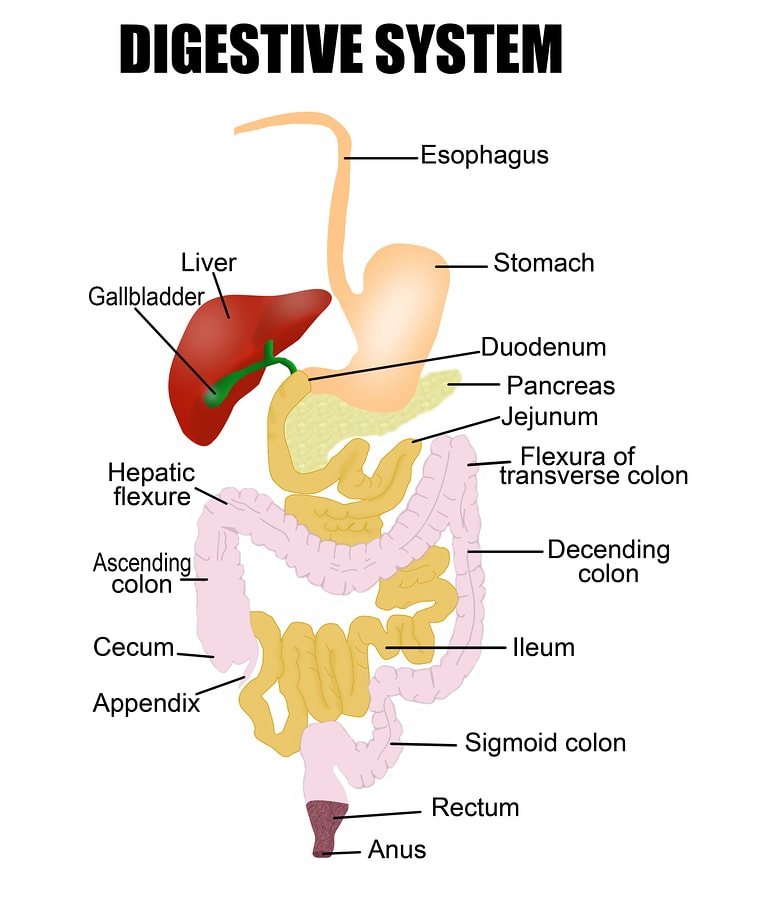
It Can Help to Prevent the Onset or Worsening of Diabetes

Magnesium helps to regulate insulin’s reaction to blood sugar levels by reducing insulin resistance. Magnesium deficiency is common among those with type II diabetes.
It Helps to Fight Anxiety and Depression
It Can Help Boost Exercise Performance

It Can Help to Reduce Inflammation
-
Fibromyalgia
-
Arthritis
-
Irritable bowel syndrome (IBS)
-
Crohn’s, and many autoimmune diseases.
It Can Help Men Prevent or Avoid the Dreaded Low Testosterone
Magnesium is a crucial ingredient in the formation of the leading male hormone, testosterone. Raising your levels of magnesium can help to increase fertility, virility, and sexual performance.
It Can Increase Brain Plasticity
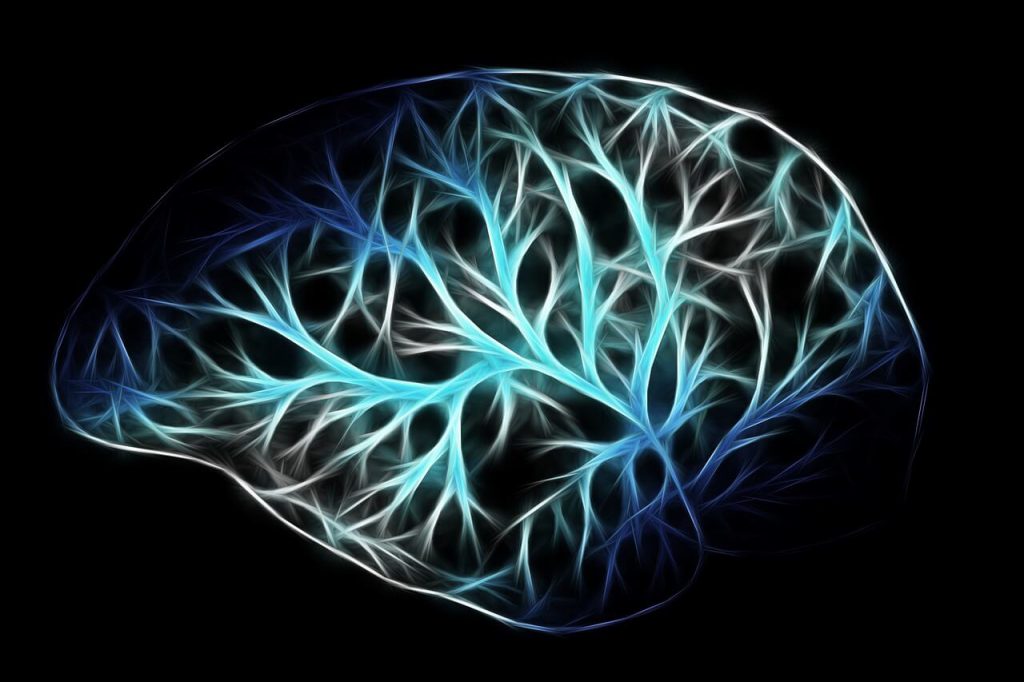
It Can Help to Prevent and Relieve Headaches
What Are The Signs and Symptoms of Low Magnesium?
1. Fatigue

2. Muscle Spasms and Cramps
-
Muscle spasms and cramps due to dehydration
-
Lack of a proper diet
-
Overexertion, and inadequate stretching
3. Arrhythmia
4. Dizziness
5. Nausea and Vomiting
6. Numbness and Tingling
7. Personality Changes and Moodiness
8. Anxiety and Panic Attacks

-
Chest pains
-
Tingling in your limbs
-
Difficulty breathing
-
Trembling
-
Racing heart
-
An intense rush of fear and dread, and more.
9. Insomnia

10. High Blood Pressure
11. Type II Diabetes
How Do You Get More Magnesium in Your Diet?
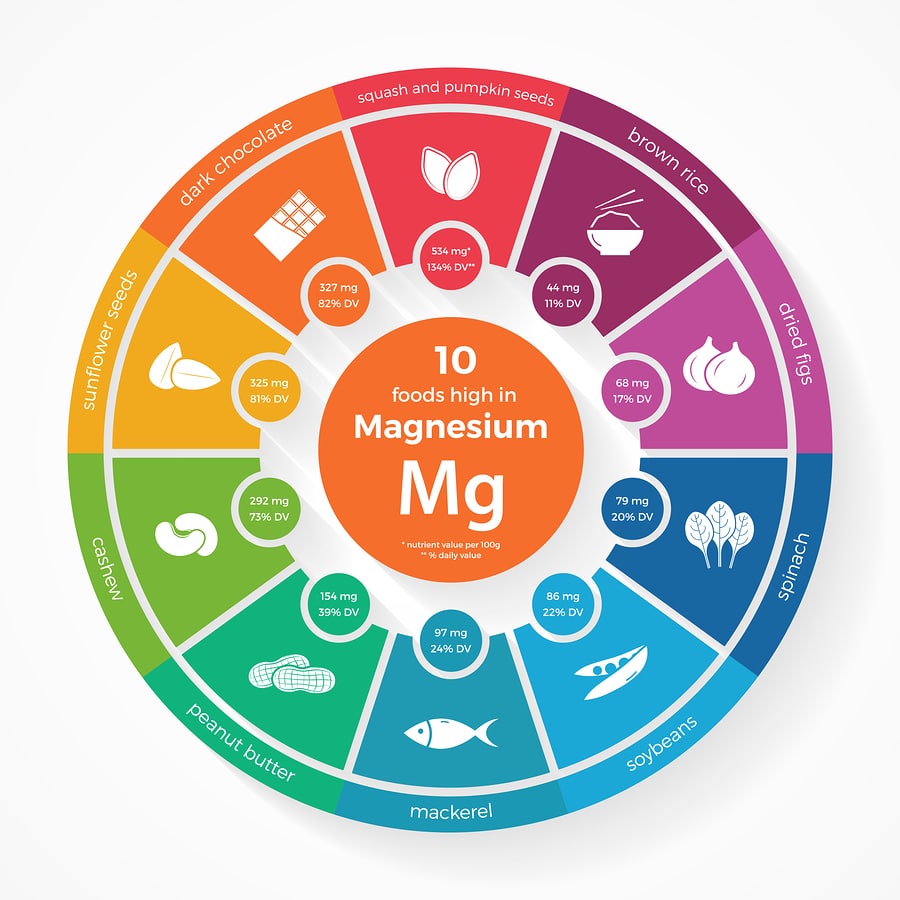
- Almonds
- Apricots
- Avocados
- Bananas
- Brown rice
- Cashews
- Dried figs
- Green leafy vegetables
- Peanut butter
- Spinach
- Seeds
- Legumes and beans
- Tofu
- Yogurt or Kefir
- Whole Grain
- Dark chocolate
- Magnesium is also added to some breakfast cereals and other fortified foods
Wrapping It All Up
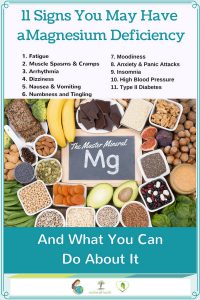
Supplementing Magnesium
If you discover you have these signs and symptoms of low magnesium and are unable to eat enough magnesium-rich food, magnesium supplements are also available.
I am a huge believer that we should seek first to get nutrition from foods. But if you are not getting the magnesium you need from these best magnesium-rich foods, it is in your best interest to take a high-absorption magnesium supplement.

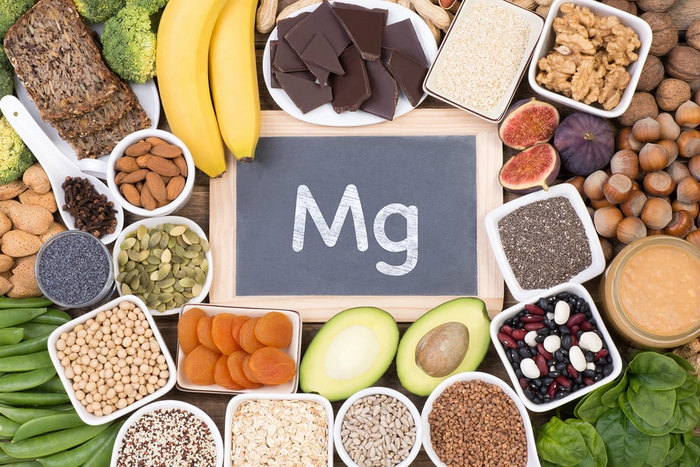
Fluoride in drinking water binds with magnesium, creating a nearly insoluble mineral compound that ends up deposited in the bones, where its brittleness increases the risk of fractures. Water, in fact, could be an excellent source of magnesium—if it comes from deep wells that have magnesium at their source, or from mineral-rich glacial runoff. Urban sources of drinking water are usually from surface water, such as rivers and streams, which are low in magnesium. Even many bottled mineral waters are quite low in magnesium, or have a very high concentration of calcium, or both.Thank you for sharing your article about 11 Signs and Symptoms of Low Magnesium.